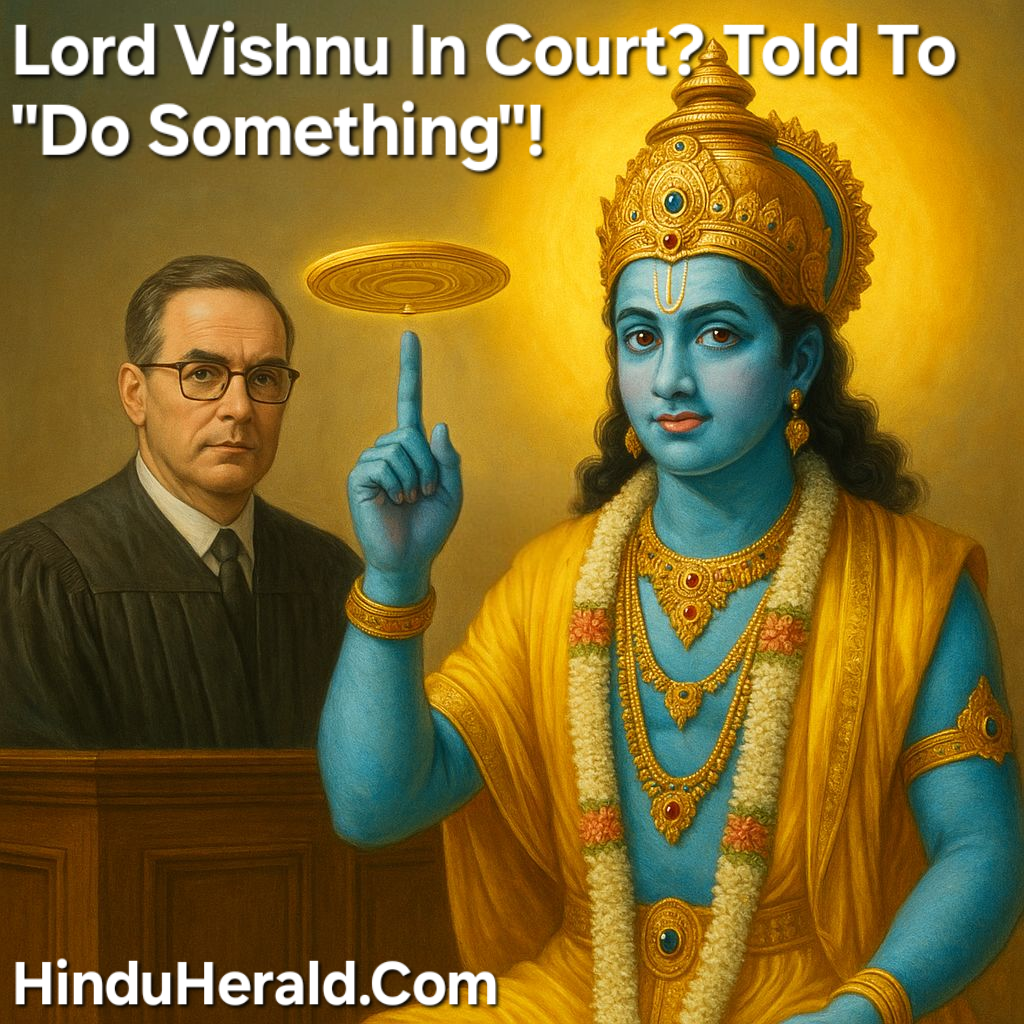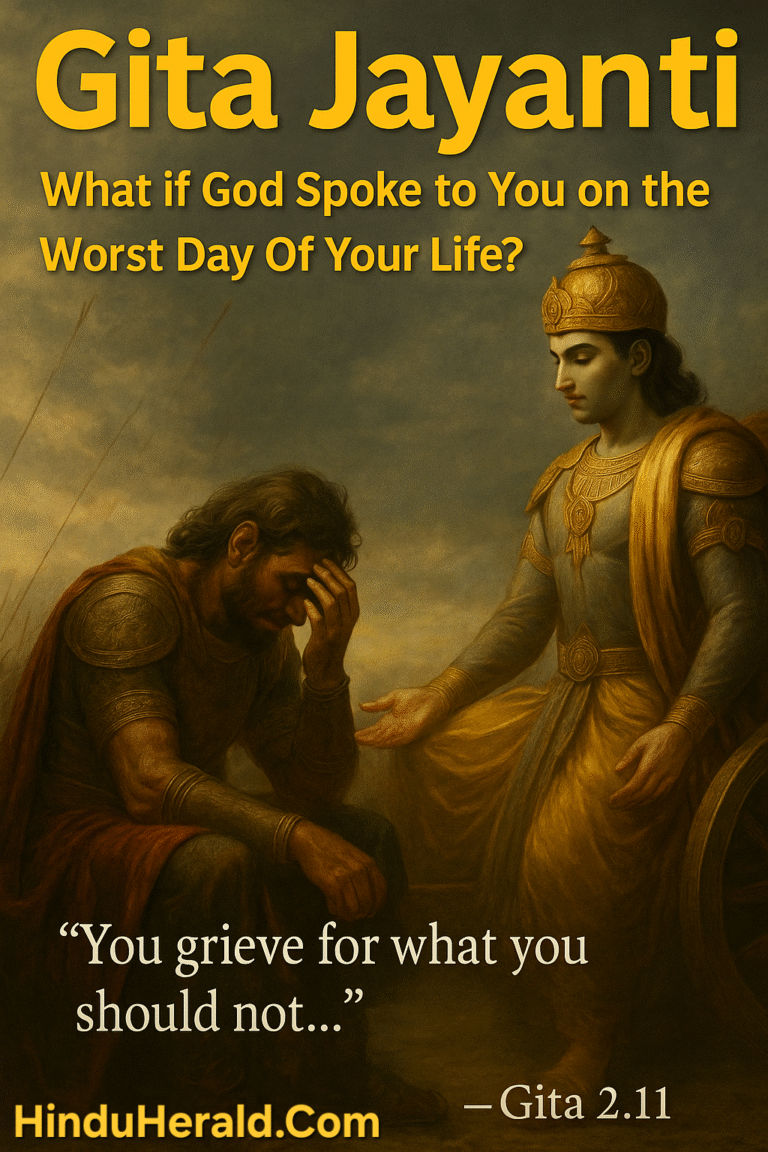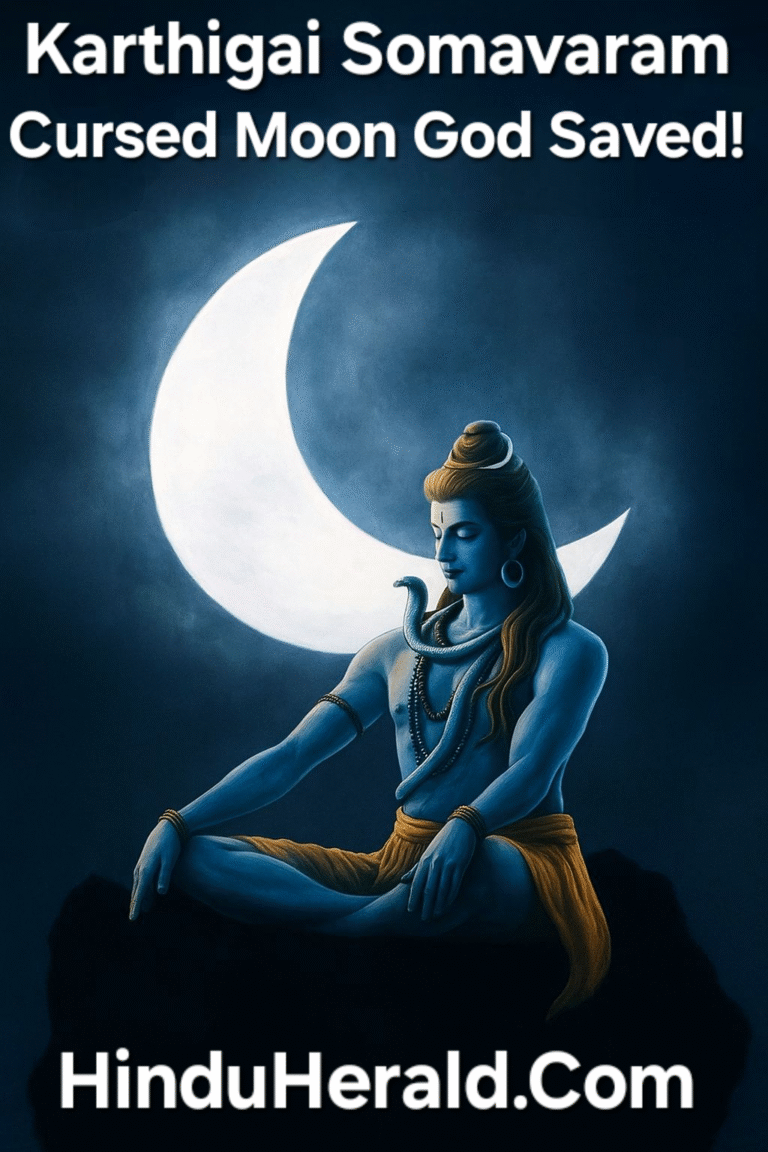
“Ask The Deity Itself”? Vishnu Court Case Sparks National Debate
By Hindu Herald Staff
A surprising moment in India’s Supreme Court has stirred conversation across temples and timelines alike.
The Courtroom Controversy
On September 16, 2025, the court was hearing a petition regarding the restoration of a 7-foot murti of Lord Vishnu at the ancient Javari Temple in Madhya Pradesh, which had been damaged and partially buried.
During the hearing, one of the judges reportedly told the petitioner:
“Go and ask the deity itself to do something now. You say you are a staunch devotee of Lord Vishnu. So go and pray now.”
To many practicing Hindus, the remark felt dismissive of sacred tradition. Others saw it as a neutral comment made during a legal proceeding. But the backlash was swift.
What Sparked the Devotional Response?
For devotees, the incident evoked deep theological memory—specifically the sacred tale of Prahlad and Narasimha, where Prahlad’s demonic father, Hiranyakashipu said if Vishnu is everywhere then let him do something and come out of this pillar! In that story, when asked to prove that the Divine was real, Lord Vishnu manifested directly from a stone pillar, affirming that faith is never in vain.
Vishnu is Not a Symbol — He is Real
For millions, Lord Vishnu is not a metaphor. He is the sustainer of the universe, worshipped through daily archana, festival abhishekam, and temple restoration efforts like the one at Javari.
When a public servant suggests that prayers are ineffective—or treats a sacred murti like a lifeless object—it strikes at the heart of belief. The Divine, once consecrated through prana pratishtha, is not a statue but a living presence.
Public Reaction: A Matter of Respect
Soon after the courtroom comment, a senior citizen was arrested for making a dramatic protest in court. Separately, several people were booked for social media posts critical of the judiciary. The legal community called for calm, while devotees called for respectful handling of sacred matters.
Some are now urging the judiciary to assign faith-sensitive cases to panels that understand religious context—not to pass judgment on belief, but to ensure the dignity of all communities is preserved.
Faith and the Constitution
India is a secular democracy—but “secular” does not mean “anti-sacred.” It means that the state must protect all religions equally, including the right of Hindus to revere Vishnu in living form.
When courtrooms handle temple matters, they are entering sacred territory. A little understanding goes a long way.
A Verse That Comforts
From the Bhagavad Gita (Chapter 9, Verse 23):
“Even those who worship other gods with faith are actually worshipping Me, though in ignorance.”
In the Hindu worldview, even misplaced reverence is still reverence. And mockery, however unintended, does not weaken the power of the Divine.
Final Thoughts
The real question is no longer about just one murti. It’s about whether modern India can balance law with reverence—and whether the country’s oldest living faith will be treated not just as culture, but as truth lived daily by its devotees.



